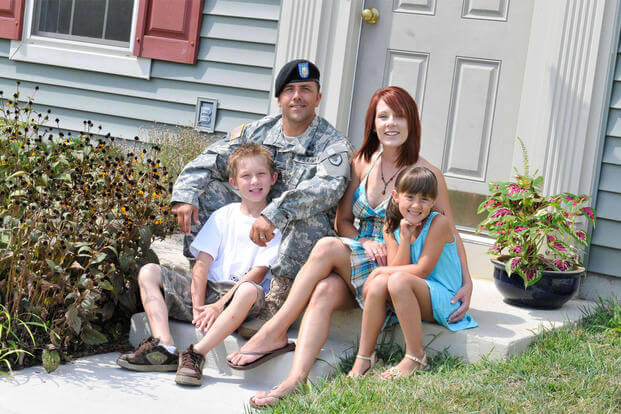A surviving military spouse might want a VA home loan because of several key benefits that are not typically available with conventional loans.
But how can you find out if you are eligible for a VA home loan? First, just like with any other home loan, you’ll need to meet a lender’s credit and income requirements. Additionally, a VA loan requires a Certificate of Eligibility (COE).
You may be able to get a COE if you're the spouse or widow of a veteran and at least one of these is true:
- The veteran is missing in action, or
- The veteran is a prisoner of war (POW), or
- The veteran died while in service or from a service-connected disability and you didn’t remarry, or
- The veteran died while in service or from a service-connected disability and you didn’t remarry before you were 57 years old or before December 16, 2003, or
- The veteran had been totally disabled and then died, but their disability may not have been the cause of death (in certain situations)
Note: A surviving spouse who remarried before December 16, 2003, and on or after their 57th birthday, must have applied no later than December 15, 2004, to establish home loan eligibility. We’ll have to deny applications we received after December 15, 2004, from surviving spouses who remarried before December 16, 2003.
VA Home Loans for Surviving Spouses
The advantages that accompany VA loans can make them an affordable option when purchasing or refinancing a home. Military survivors can expect:
- No VA funding fee
- As little as zero down
- Up to 100% refinancing of appraised value
- No monthly mortgage insurance premiums
- Competitive interest rates
- No penalties for early payoff or balance reduction
- VA streamlined refinancing, even if ineligible for full VA loan benefits
Read More: VA Loans Overview, Including Types of VA Loans
Take the Next Step
A Military.com preferred VA loan lender can get you a rate quote in just a few easy steps. Get a quote now!










